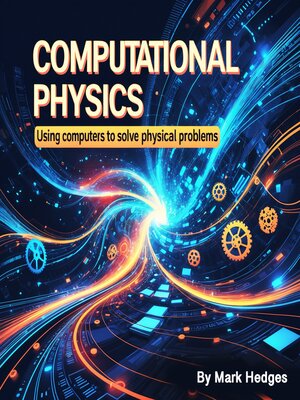Computational Physics
audiobook (Unabridged) ∣ Using Computers to Solve Physical Problems
By Mark Hedges

Sign up to save your library
With an OverDrive account, you can save your favorite libraries for at-a-glance information about availability. Find out more about OverDrive accounts.
Find this title in Libby, the library reading app by OverDrive.



Search for a digital library with this title
Title found at these libraries:
| Library Name | Distance |
|---|---|
| Loading... |
Computational physics is a branch of physics that utilizes numerical methods and computational techniques to solve complex physical problems. It bridges the gap between theoretical physics, which relies on mathematical models, and experimental physics, which depends on observations and measurements. As physical systems often involve equations that are difficult or impossible to solve analytically, computational methods provide an essential toolset for modern scientific inquiry.
One of the primary roles of computational physics is to simulate and model real-world phenomena that would otherwise be too expensive, time-consuming, or impossible to study experimentally. From simulating planetary motion to modeling quantum interactions at the atomic scale, computational methods enable scientists to explore new frontiers in physics. This approach has led to significant advancements in various fields, including condensed matter physics, astrophysics, and plasma physics.
A fundamental aspect of computational physics is the reliance on numerical approximations. Many physical equations, such as differential equations governing motion or thermodynamic properties, do not have exact solutions. Instead, numerical techniques like finite difference methods, Monte Carlo simulations, and spectral methods are employed to approximate solutions with high accuracy. While these methods introduce some level of approximation error, advancements in computational power and algorithm efficiency have significantly improved the precision of such calculations.







